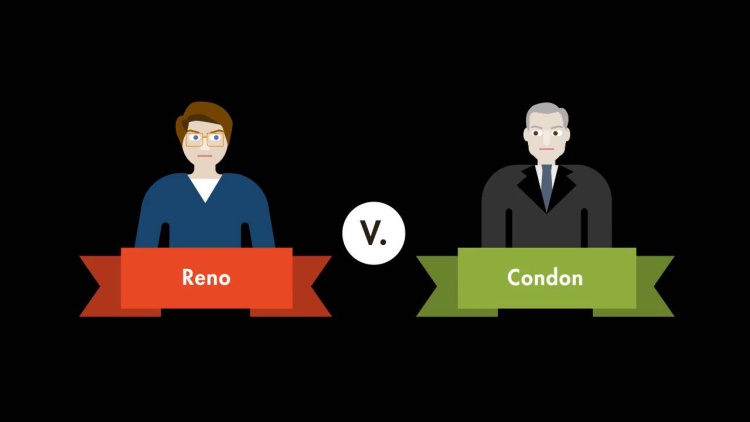Reno v. Condon
United States Supreme Court
528 U.S. 141 (2000)
- Written by Megan Petersen, JD
Facts
In 1994, Congress passed the Driver’s Privacy Protection Act (DPPA) to regulate the disclosure of personal information retained by state departments of motor vehicles (DMVs). Congress passed this legislation because states routinely obtained significant personal information from individuals in connection with those individuals obtaining driver’s licenses and then sold that information to private entities at a profit for the state. The private entities could also further resell this information. The DPPA was designed to prohibit the selling or reselling of individuals’ personal information by DMVs or private entities without obtaining the individuals’ consent. South Carolina and its attorney general, Condon (plaintiff), brought suit against the United States government and its attorney general, Reno (defendant), in the United States District Court for the District of South Carolina, alleging that the DPPA violated the Tenth and Eleventh Amendments of the Constitution. The district court granted summary judgment for Condon, and the court of appeals affirmed. Reno appealed to the United States Supreme Court.
Rule of Law
Issue
Holding and Reasoning (Rehnquist, C.J.)
What to do next…
Here's why 907,000 law students have relied on our case briefs:
- Written by law professors and practitioners, not other law students. 47,100 briefs, keyed to 996 casebooks. Top-notch customer support.
- The right amount of information, includes the facts, issues, rule of law, holding and reasoning, and any concurrences and dissents.
- Access in your classes, works on your mobile and tablet. Massive library of related video lessons and high quality multiple-choice questions.
- Easy to use, uniform format for every case brief. Written in plain English, not in legalese. Our briefs summarize and simplify; they don’t just repeat the court’s language.





